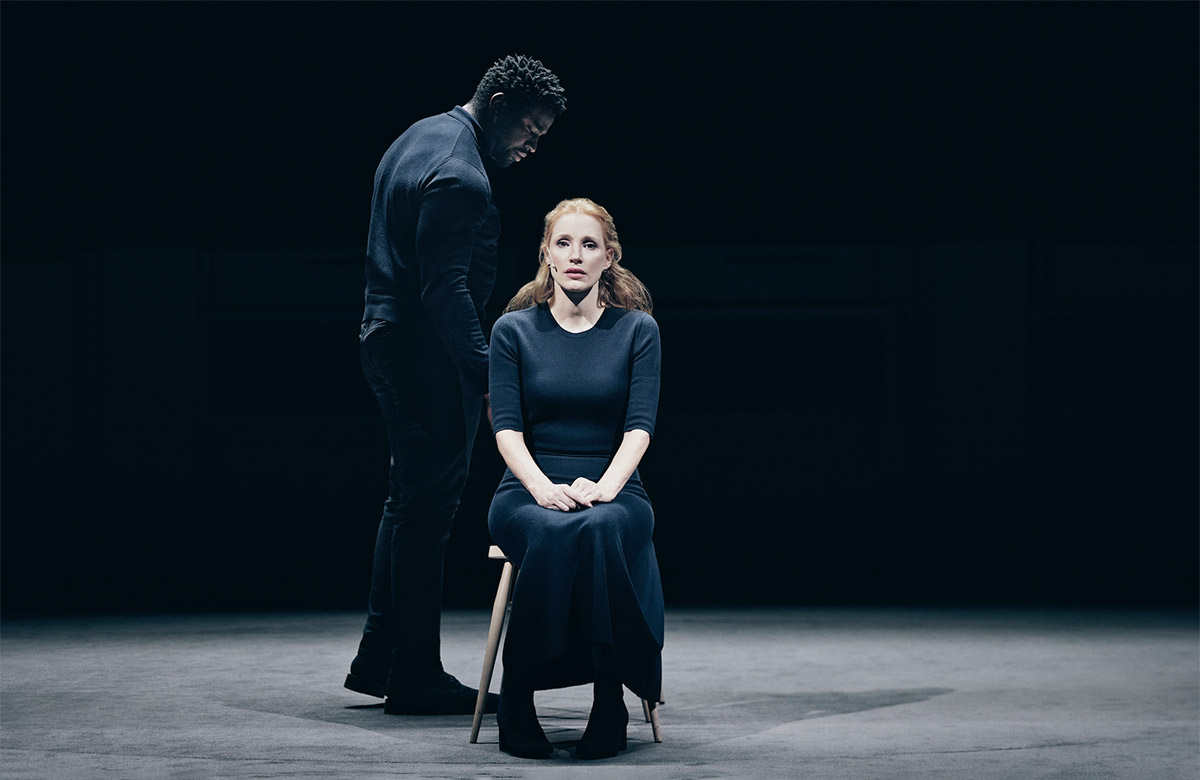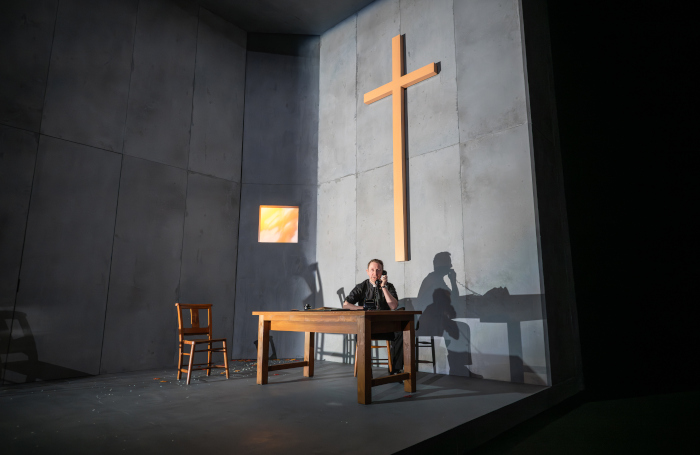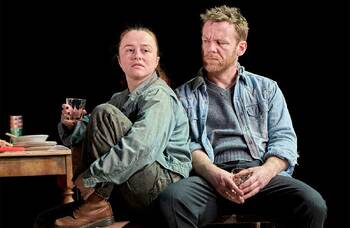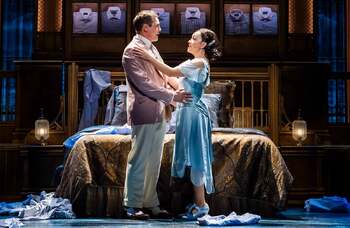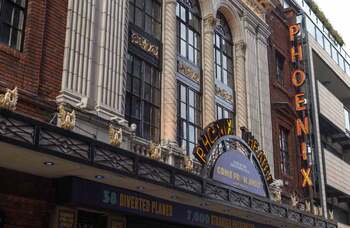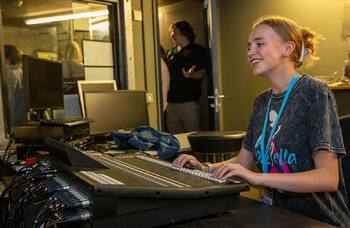Parade review

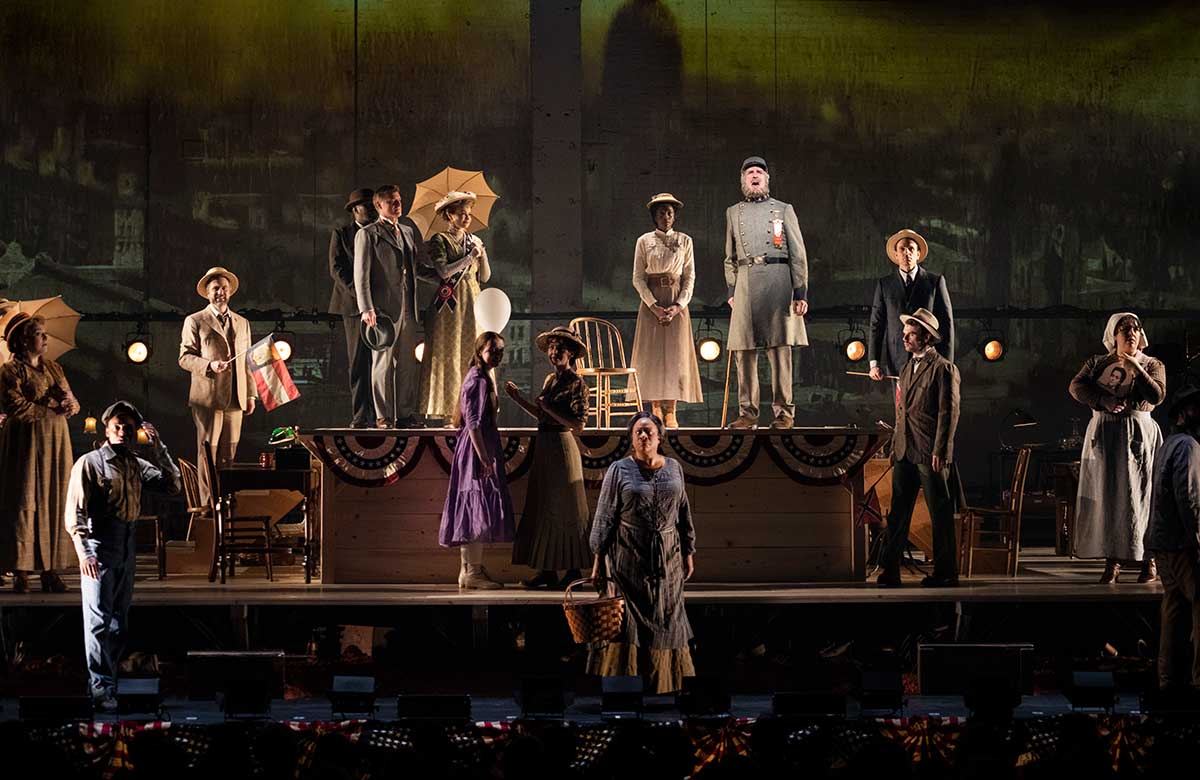
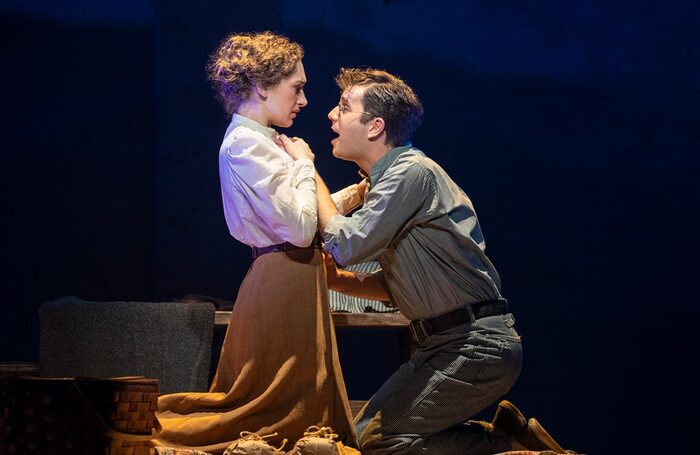




Solid revival of the challenging musical, starring Ben Platt
Director Michael Arden embraces a documentary style in his production of this musical tragedy. With a book by Alfred Uhry and music and lyrics by Jason Robert Brown, it’s based on a true story of a miscarriage of justice in the American South in 1913. The troubling history still makes an impact, even if not every emotional beat registers as powerfully as it should. Ben Platt, who originated the title role in Dear Evan Hansen, ably stars as the wrongly convicted Leo Frank.
Frank (Platt) is a Brooklyn Jew who has moved to Georgia to marry Lucille (Micaela Diamond). Much to his wife’s chagrin, he doesn’t fit in. When 13-year-old Mary Phagan is murdered in the factory where Frank is superintendent, the local district attorney Hugh Dorsey (Paul Alexander Nolan) decides Frank must be the culprit and manufactures evidence to assure a conviction. In a trial rife with antisemitism, he is sentenced to die. Frank’s conviction is eventually commuted to a life sentence by the governor, but the locals take matters into their own hands and lynch Frank.
The show begins with an image of the sign on the side of the road in Georgia marking the place where Frank was lynched. Arden’s storytelling, with video design by Sven Ortel, emphasises that its cast of characters were real people by projecting historic photos of each individual as they are introduced on stage. All the prejudice we see is just as real. It is consistently chilling (as were the neo-Nazi protests during the show’s first preview, which frighteningly underlined how serious an issue antisemitism continues to be).
While much stage time is devoted to characters celebrating their Confederate heritage and fomenting mob violence, the musical oddly marginalises other voices we might want to hear from. It is also structurally challenging. It takes a while for Leo and Lucille to work through their relationship issues and finally connect with each other through the rafter-shaking song This is Not Over Yet. Platt and Diamond are tremendous in that moment, generating an uplifting genuine affection.
Platt is sympathetic, and less prickly than the role demands; Diamond’s Southern accent veers off course when she’s singing, but she gradually reveals Lucille’s mettle. Nolan’s Dorsey is properly opportunistic and conniving.
Less successful is Dane Laffrey’s design. A bare-bones set is not unexpected – Arden’s production originated as a concert staging – but it’s dominated by a central, dull wooden platform that looks unfinished, and is used as a projection surface for the locations and dates, and serves as a jail, courthouse and mansion. The action is also cramped by a clutter of chairs and lighting rigs. Yet the sound design, with its distant rumble of thunder, is incredibly realistic and foreboding. We spend much of the musical waiting and watching for the horrors to approach like an inevitable storm.
More Reviews
Recommended for you
More about this organisation
More Reviews
Recommended for you
Most Read
Across The Stage this weekYour subscription helps ensure our journalism can continue
Invest in The Stage today with a subscription starting at just £7.99
